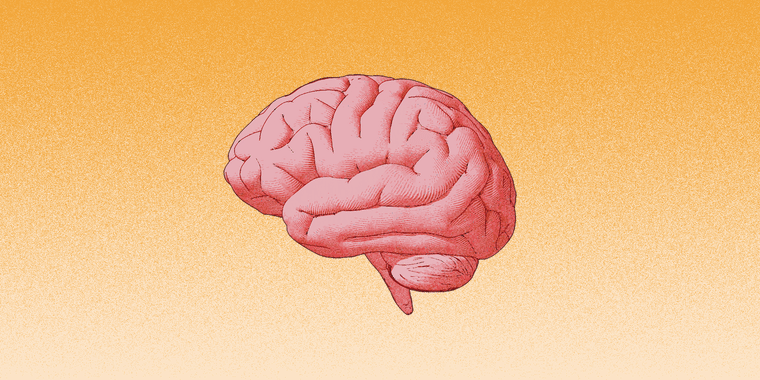"Neurodivergent" is a term used to describe brain functionality and how it differs in some people. There are different ways of perceiving, interpreting and interacting with the world, with “neurotypical” being the more common, or expected, way, and “neurodivergent” deviating from what is considered “normal.”
What does it mean to be 'neurotypical' or 'neurodivergent'?
Dr. Ashley M. Whitaker, a board certified pediatric neuropsychologist at Children's Hospital Los Angeles and the Curry Psychology Group, shared the key differences between neurotypical and neurodivergent.
"A child’s brain usually develops along an expected trajectory, give or take a little, setting the stage for them to think and learn foundational academic concepts, social interactions and functional skills," Whitaker told TODAY Parents. "When this happens, we consider them neurotypical."
In contrast, when aspects of brain functioning develop outside those parameters, a child may be considered neurodivergent.
"This means they experience or relate to the world differently than would be expected, which can be challenging for them based on the way our world is set up," Whitaker said. "For instance, a child with autism spectrum disorder may be social and crave peer relationships, though may not be able to respond to subtle, nonverbal cues that are frequently used within neurotypical social interactions."
Whitaker explained that when these differences form certain patterns of symptoms, a child may meet criteria for a neurodevelopmental diagnosis, such as attention-deficit/hyperactivity disorder (ADHD), specific learning disorder (SLD) or autism spectrum disorder (ASD).
How can you tell if a child is neurodivergent?
If caregivers or educators suspect a child may be developing differently than their peers, formal evaluation by a neuropsychologist can be helpful.
"These providers will use standardized measures to establish patterns of deviation from typically developing children of the same age," Whitaker explained. "This allows them to provide diagnoses that fall under the neurodivergent umbrella, as well as offer recommendations to capitalize on strengths and either directly shift or minimize the impact of weaknesses."
What are neurodivergent symptoms?
"Neurodivergence can encompass a variety of neurodevelopmental diagnoses, or deviations from typical functioning," Whitaker told TODAY Parents. "Symptoms can include cognitive, social, emotional, behavioral or even sensory differences."
Whitaker said neurodivergence also includes deviations from "the norm" that are considered strengths.
"For instance, a child with ASD may also be intellectually gifted and utilize their advanced knowledge and passion in certain areas to make a profound impact on the world," she said. "That being said, the need for additional help or support should not be overlooked in these cases."
Does ADHD mean neurodivergent?
ADHD and neurodivergence are not synonymous, though neurodivergence encompasses ADHD.
"All children with ADHD are considered neurodivergent — however, not all children who are neurodivergent meet criteria for ADHD," Whitaker said.
Whitaker explained that neurodivergence can manifest through multiple presentations and neurodevelopmental diagnoses and is actually most commonly associated with ASD.
"Specifically related to ADHD, neurodivergent patterns may include strengths such as increased energy, spontaneity and innovation, as well as difficulties related to distractibility, impulsivity, hyperactivity and disorganization as compared to same-age peers," she said.
Neurotypical vs. neurodivergent
Whitaker explained that neurotypical children usually experience less distress than their neurodivergent counterparts, in part due to their environment being better suited for their patterns of thinking.
"For example, a child with ASD who demonstrates restricted and repetitive patterns of behavior may be extremely precise and detail-oriented (two strengths that can promote success in certain situations); however, their rigidity may make it difficult to adapt to real-world situations requiring flexibility," she said. "Similarly, a child with ADHD may be exceptionally creative, because they attend to so many things at once, though because they inherently have difficulty filtering out irrelevant information, they can become easily distracted when asked to focus on one thing."
Related:



